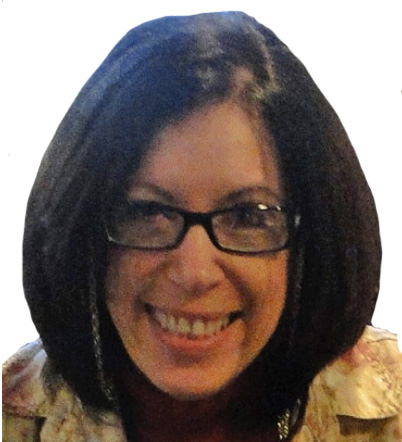

Educators don’t always have the time to explore the newest and most valuable technology tools to enhance their lessons. Pandemic school closures brought the added challenge of planning remote learning activities, which are now integrated into many curriculum plans since the blending of face to face and online instruction continues in some districts. For several years I have prepared a list of innovative apps and instructional trends, mostly free and easy to learn, to enhance lessons and invigorate classrooms. I coined the term “electronic constructivism” in a Learning and Leading feature article and continue to promote student creativity and student centered lessons. Evidence of success? Measurable formal evaluations and unsolicited informal feedback have been overwhelmingly positive.
• Introduction – 2 minutes
o Introduction to topic: supportive research
o Format: fast-paced and quick overview
o Participants will receive a link to the presentation for further research
o Quick educational technology trivia questions (to engage participants)
• Emerging technologies and resources – 50 minutes
o Each will have a description of the technology or trend
o Links to specifications, reviews, articles
o Classroom suggestions, constructivist in format
o Interactive surveys (to engage participants)
• Promising technologies not available yet – 2 minutes
• Conclusion – 6 minutes
o Instructions for accessing link to presentation
o Inspirational words; looking to the future
o Raffle (to engage participants)
My research is grounded in constructivist and experiential learning theory, developed and influenced by John Dewey, Lev Vygotsky, Jean Piaget, Jerome Bruner, and Montessori. Information about the technology and resources will have been gathered by electronic sources and will include articles, manufacturer’s sites, and blogs. Given the nature of emerging technologies, the majority of the articles and web sites cited will be less than three months old at the time of this presentation.